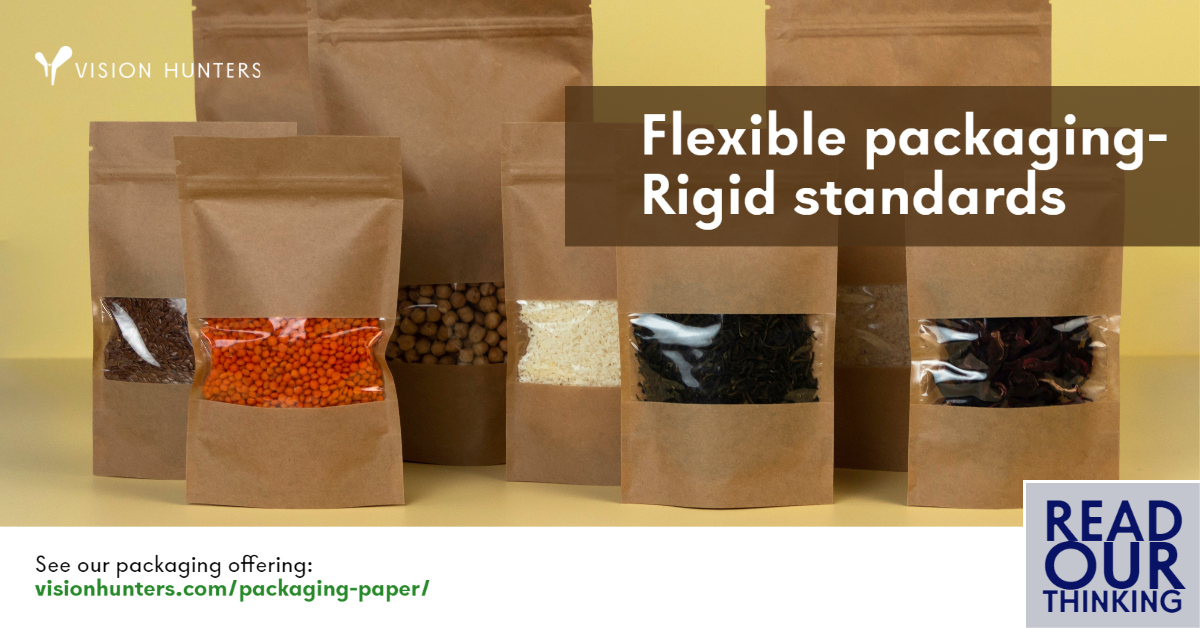There are 3.5 million hectares of forests in Bayern and Nordhein-Westfalen regions, of which nearly one million is state-owned. The prices of wood-based raw materials have soared high, as the demand exceeds supply in all major markets while expansionary monetary policy is speeding up the inflation. States and companies must restructure to survive and build sustainable growth.
March 26, 2022
Forests are among the cornerstones in combating climate change and preserving biodiversity. The European Union has drawn new guidelines and set ambitious targets to ensure the sustainability of forestry activities. Despite being part of the same economical regime, the European countries differ in terms of economy, industry structure and wildlife habitats and therefore one size does not fit all.
December 15, 2021
We consumers face different packaging materials and solutions daily. Europeans consume on average nearly three times their body weight in packaging per annum. Packaging steers our consumption decisions, consciously or subconsciously, and makes our lives more convenient. Packaging is a central element of nearly all businesses: bundling services into sales packages, protecting consumer goods, transporting items to other markets. We asked three of our experts at Vision Hunters what they perceive as the most exciting developments in the field of packaging at the moment.
August 12, 2021




